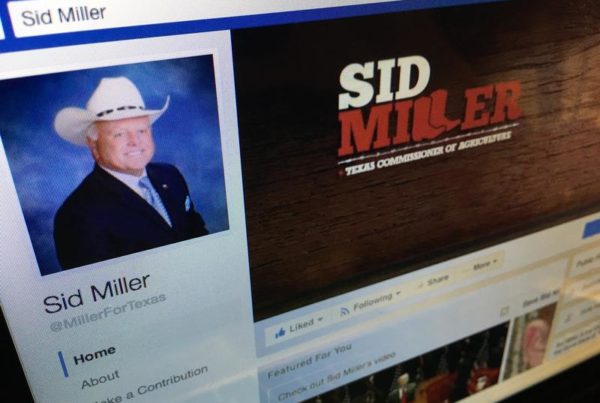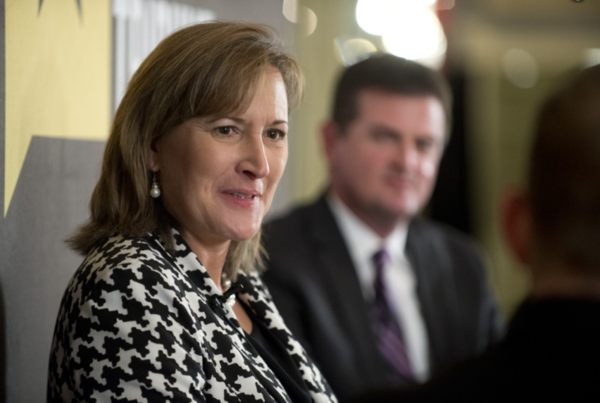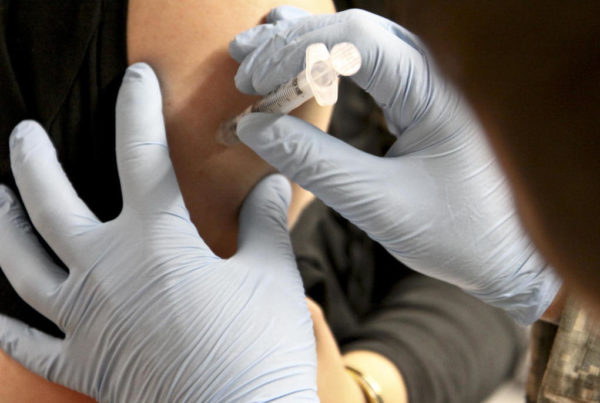Texas is currently under a federal court order to fix its foster care system after allegations of child deaths in the system, high caseworker turnover, system mismanagement and a host of other problems. Foster care in Texas has been declared so dangerous it’s unconstitutional.
Wednesday, Gov. Greg Abbott announced a possible solution: an $8 million pilot program, tapping federal money, to get the most at-risk kids in foster care into situations that are more stable. The Texas Department of Family and Protective Services will roll out the program in four different pilot sites throughout the state.
Mike Ward wrote about the new program for the Houston Chronicle. He says the plan targets 500 of the highest-risk foster kids with emotional, behavioral and mental health challenges.
Many of these kids have spent time in psychiatric hospitals and residential treatment centers – intensive group homes which provide therapy for mental health challenges and substance use – instead of being placed with families.
“They’re very difficult placements,” Ward says. “The goal of this program is to get them into a stable home-style setting that is not institutional.”
But the question is where to put these kids, Ward says. The state is already short by hundreds of foster care locations, and with this new plan, Ward says it’ll be a challenge to create more.
“The system has been in such crisis, and it’s had such chronic issues that have been unresolved for so long, that they have been unable to take a deep breath,” Ward says. “Most of these foster care kids have been in mental health facilities, group homes – neither of which are good placements for them. And so this $8 million that Governor Abbott has set aside is gonna be used to go out there and develop some locations where they can place these kids.”
Other states have had success with small group home placements and with several locations clustered in urban areas where additional support services are available, like mental health counseling. Texas hopes to take a page from their book and help at-risk foster children through to age 18.
If the initiative works, Texas will possibly expand the program.
The funding comes through the federal Victims of Crime Act. The pilot will help only children that who have been identified as victims of crime, have been hospitalized at least once in the past 12 months and stayed beyond the medically necessary time frame, or have lived in two or more residential treatment centers.
Child advocates within the state say this is a unique approach to using the funding. But Ward explains the reasoning behind using this money:
“If these kids don’t get the treatment that they need and their foster care experience ends up horribly, then they could potentially get into the criminal justice system. And if they do, that means more victims.”
Post by Beth Cortez-Neavel.
















